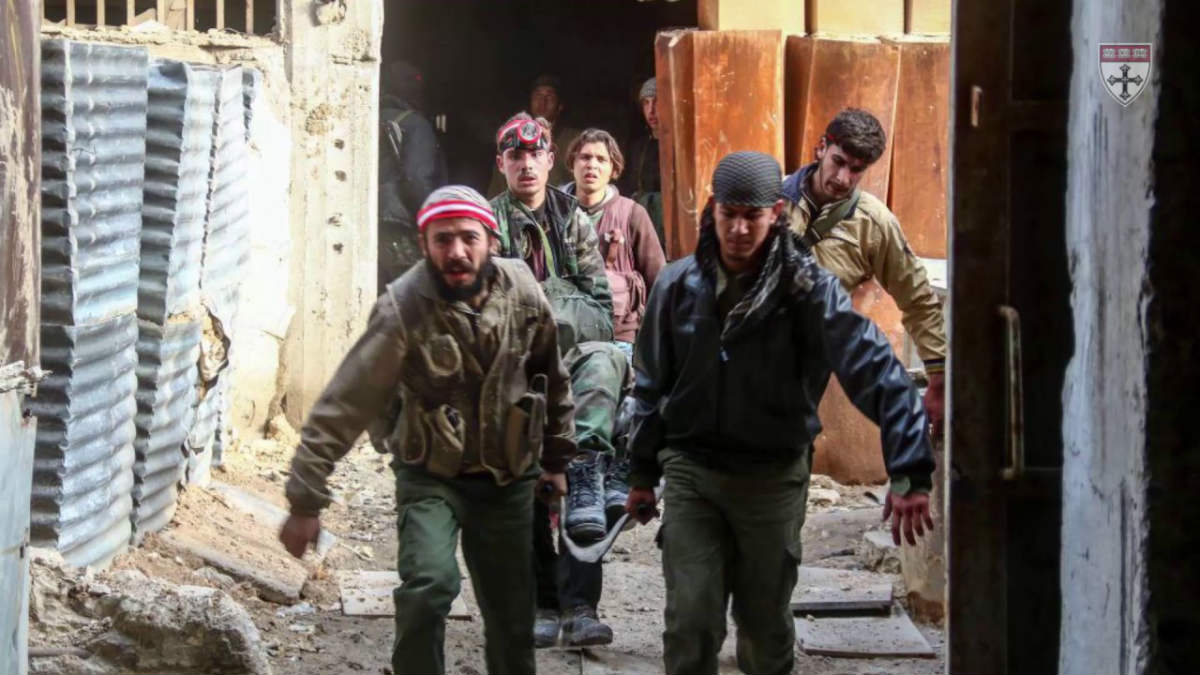
The weaponisation of healthcare – a worldwide phenomenon
A new report says the international community must take action.
A new report from the NGO Safeguarding Health in Conflict warns of worsening attacks on warzone healthcare facilities around the world, and calls on the international community to take immediate action. The report states that “in 2017 there were at least 701 attacks on hospitals, health workers, patients, and ambulances in 23 countries in conflict around the world”.
Some of the more shocking examples in the report include:
– In January, a Nigerian army plane dropped two bombs on an internally displaced persons camp near the town of Rann during a vaccination campaign, killing 90 people, including at least six Red Cross aid volunteers and three MSF contract workers. The army claimed that the bombing was accidental.
– In the Democratic Republic of Congo in April 2017, the Bana Mura militia, which is supported by the Congolese army, attacked a hospital in the town of Cinq in the Kasai region near the Angola border, killing at least 90 medical staff and patients, including pregnant women and other civilians.
-According to Syrian American Medical Society (SAMS), 41 medical personnel, four administrative staff, and 19 civilians—including seven children—were killed in attacks on hospitals in 2017.
“Governments and armed groups inflict violence against health care with impunity in conflicts across the globe”, warned Leonard Rubenstein of Johns Hopkins University, the head of the NGO.
The Lancet has urged UN secretary general Antonio Guterres to “continue to condemn these attacks, work proactively to stop them, and hold the perpetrators accountable for their war crimes”.
The weaponisation of healthcare – a worldwide phenomenon
Xavier Symons
Creative commons
https://www.bioedge.org/images/2008images/FB_syria_43433.jpg
ethics of war
nigeria
syria
war
